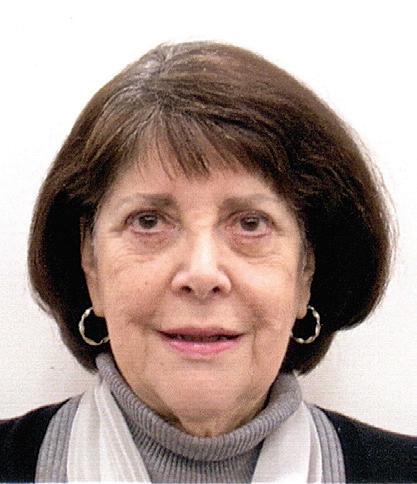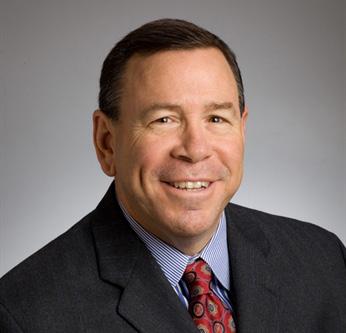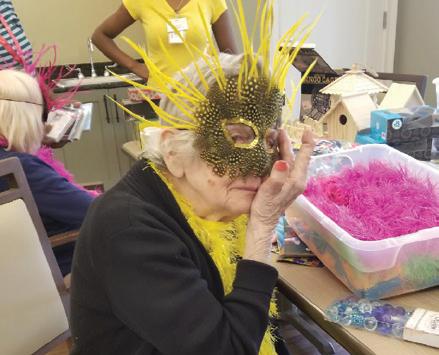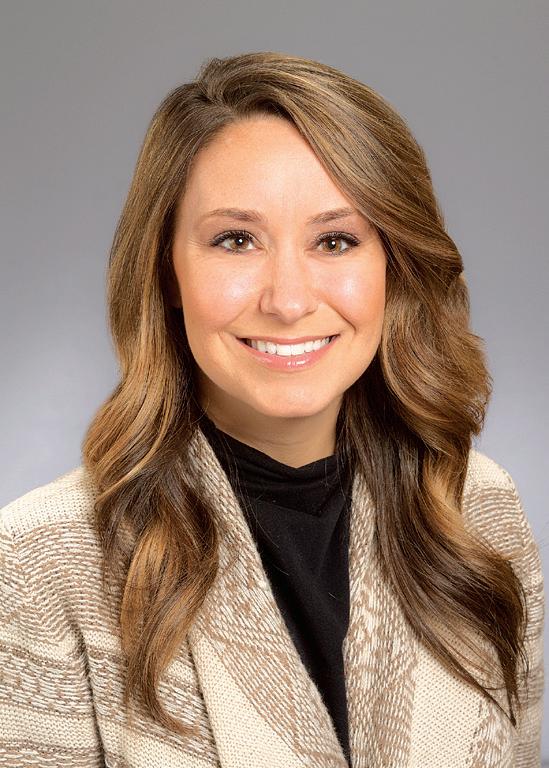
3 minute read
Taking the Helm
Nurse navigators lead patients through the maze of healthcare
Getting through the maze of our new healthcare system is daunting, especially for people who have been mostly healthy throughout their lives. It takes a medical dictionary and skilled expertise—or if they’re lucky, a personal nurse navigator.
A patient can face 25 to 40 medical appointments in a matter of 90 days when first diagnosed with cancer or another serious medical problem. In fact, for some cancers, there’s a surgeon, radiologist, social worker and geneticist, along with a physical therapist.
Nurse navigators work directly with patients to guide them through the confusing pathways of health-related networks. These professional registered nurses have the experience, compassion and clinical knowledge needed to offer information and assistance. Their purpose is to help patients and their families understand what’s needed and how to get it.
And everywhere you look, the healthcare industry is supporting this unique role.
“There’s no doubt nurse navigators have maintained a critical role in quality cancer care,” said Katie Beaver, oncology nurse navigator with Emory’s Winship Cancer Institute.


However, ask any nurse, and they’ll say their role has always included navigation, and certainly helping patients understand a new diagnosis.
Some RNs suggest that Medicare’s ups and downs have helped place nurse navigators front and center for patients diagnosed with everything from severe arthritis to melanoma, or even diabetes care.
With more than 70 specialties in the Emory Healthcare Network, it’s no wonder that Winship Cancer Institute’s nurse navigators are “connecting the dots for their patients.” The goal behind their cancer care specialty is to reduce patient anxiety, expedite treatment and improve outcomes, explains Beaver.

“My first introduction to a patient can be anywhere,” Beaver said. “I try to paint a picture of what this means for them and what a typical plan will look like moving forward.”
She says that her first approach may vary. “Some patients are distraught, others are in shock or haven’t fully grasped the diagnosis, and yet some patients are perfectly composed and ready to take action,” Beaver said. “I begin, wherever I see a need.”
Her rewards come through comforting a patient who is extremely anxious and offering them some peace of mind, she says. “My colleagues and I help patients reach a specialist within a specific time frame. We assist them in comprehending their choices when it comes time to make informed decisions.”
An important aspect of what they do is helping patients see the big picture. “With a nurse navigator, patients may have a better understanding of their treatment plan,” Beaver said.


“It’s the navigation discussions that can lead to peace of mind for the patient and family,” Beaver said. “It’s when the patients begin to understand why they’re doing what they’re doing.” Then their advocates and nurses can help patients make educated decisions for their care.
According to some medical historians, navigation seemed to evolve from what was called “utilization review.” Others say it stemmed from cancer care. Either way, it’s a very good thing.

Utilization review is the close examination of healthcare services a patient is receiving, with an eye toward improving quality and eliminating unnecessary procedures and costs. It required nurses to check medical records and look at the many “barriers to treatment or timely discharges,” said Lillie D. Shockney, in an American Society of Clinical Oncology article.
Today, navigators have found their way into all areas of healthcare, including Medicare Advantage Plans. For example, people facing some of the “most complex health issues, including diabetes, congestive heart failure or multiple chronic conditions might be connected with a single point of contact,” according to UnitedHealthcare’s press release last November.
That’s when they introduced their Navigate4Me program. The program relies on nurses and “other highly trained customer service advocates.”
This year, UnitedHealthcare plans to expand Navigate4Me to serve their Medicare Advantage plan participants who experience sudden health events, such as serious injuries or a new diagnosis.
“People receive needed care when they’re at the doctor’s office or inside a clinic or hospital, but they often lack the support, coordination and guidance they need in navigating the system,” said Brian Thompson, CEO of UnitedHealthcare Medicare & Retirement.

“Navigate4Me is about walking side by side with the people we serve, and those closest to them, to help anticipate, understand and address their healthcare needs—one person at a time,” he said.
Nurse Sandy Finamore-Albably, case manager for Blue Cross Blue Shield of Georgia, notes that all their case managers are nurses. They, too, follow patients on a personal level, helping them navigate the system.
She recalls one situation where a spouse contacted a case manager. The patient had a debilitating diagnosis at the time. The skilled nursing benefits were exhausted. The husband and wife didn’t know what to do or where to turn.



“Our case manager was able to help,” said Finamore-Albably. The family viewed her as “a lifeline,” based on her year-long support for the couple. This likely prevented multiple re-hospitalizations, says Finamore-Albably.
Our nurse case managers take a personal interest in every patient’s well-being, she said. “That’s our job.”










